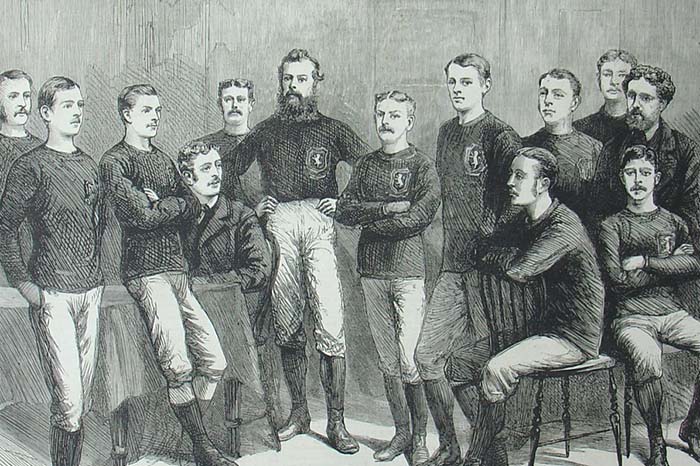Sometimes when we write we get so enticed by beautiful language or using just the right words that we forget the original muse that inspired us to write in the first place.
Concrete things like poems and novels are simply collections of words, but a story is abstract. It’s ideas, emotions, feelings, vibes. It’s those things that only exist in the mind, and we attempt to translate those things into words so that we can talk about them with other people.
In “Politics and the English Language”, George Orwell says:
In prose, the worst thing one can do with words is surrender to them. When you think of a concrete object, you think wordlessly, and then, if you want to describe the thing you have been visualising you probably hunt about until you find the exact words that seem to fit it. When you think of something abstract you are more inclined to use words from the start, and unless you make a conscious effort to prevent it, the existing dialect will come rushing in and do the job for you, at the expense of blurring or even changing your meaning. 1
Words are a means to an end. Sometimes the best word isn’t the right word, because it draws attention to itself rather than supporting the original muse. It’s like a team of MVP athletes fighting for the ball rather than working together for the good of the team.
Don’t let the words (or the sentence, or the novel, or the poem) get in the way of the story. Trust the muse. Ultimately, it’s the idea that people will connect with, not the words.
- Orwell, George | “Politics and the English Language” | Horizon | 1946

